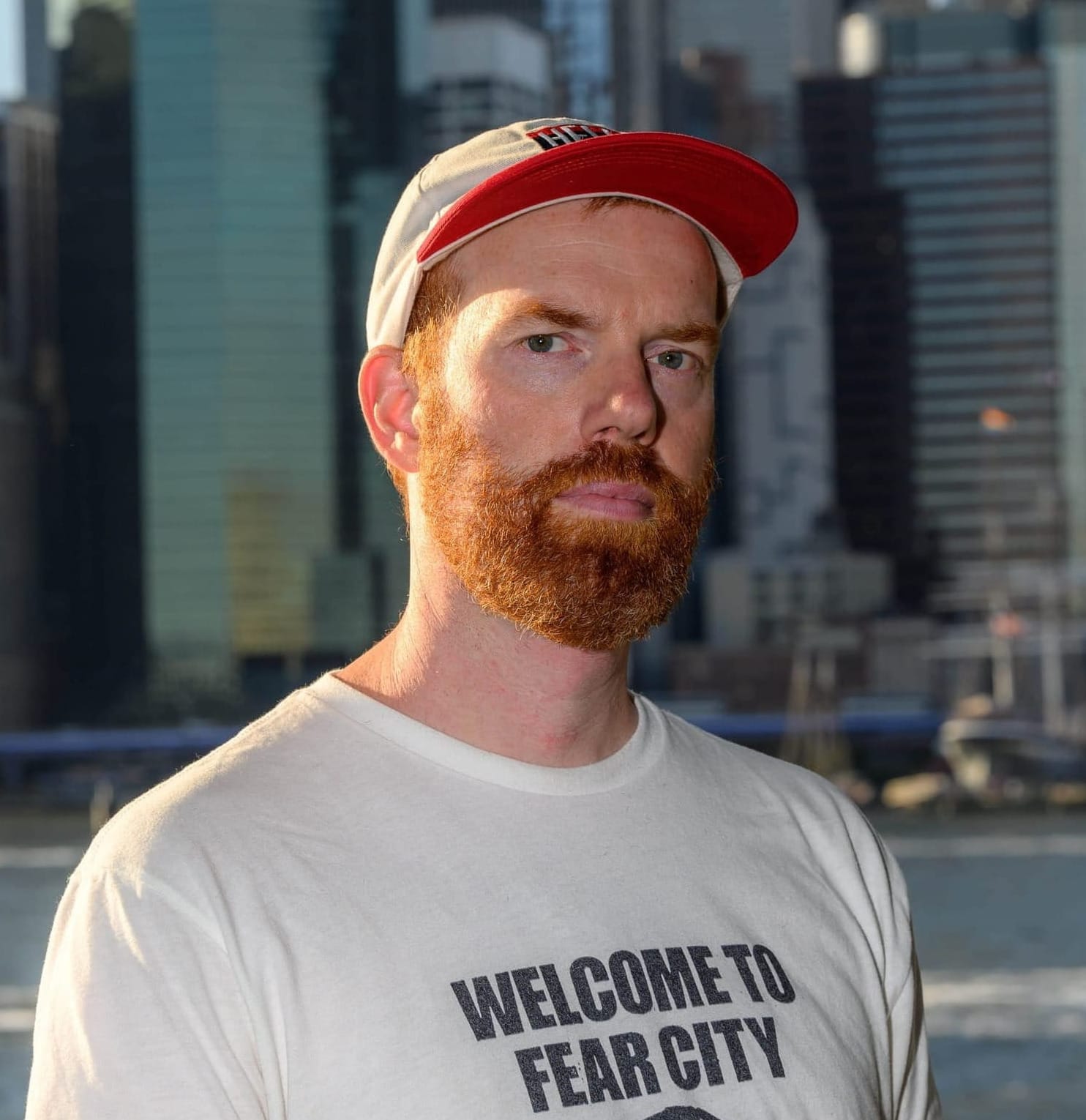A panel of federal appeals court judges heard arguments on Thursday about whether the city's largest police union should be able to scuttle a lawsuit settlement that commits the NYPD to policies designed to bring its policing of protests in line with constitutional protections of the rights to free speech and assembly.
The settlement resolves some lawsuits brought against the police and the City by protesters and the New York State Attorney General arising from the NYPD's widespread suppression of New Yorkers protesting police violence in the wake of the police killing of George Floyd in 2020. It binds the NYPD to a series of reforms designed to produce proportional responses to protests: Small, non-aggressive police deployments to small, nonviolent protests, with the police response escalating incrementally as demonstrably warranted. Cops won't be able to hover helicopters low over crowds to intimidate them, or randomly arrest people for jaywalking without permission from a superior officer. When wielding batons, they will be expected to "avoid intentional strikes to the head."
Mayor Eric Adams doesn't like the settlement, but the City's lawyers evidently persuaded him that things would go even worse for the NYPD if the class action lawsuits went to trial. The Police Benevolent Association, which represents rank-and-file NYPD officers, doesn't like the restrictions either, and since it doesn't have to listen to the City's lawyers, the union has been fighting the settlement in court for more than a year. After federal judge Colleen McMahon finally approved the settlement over the PBA's objections a year ago, the union appealed the decision, teeing up yesterday's hearing.




